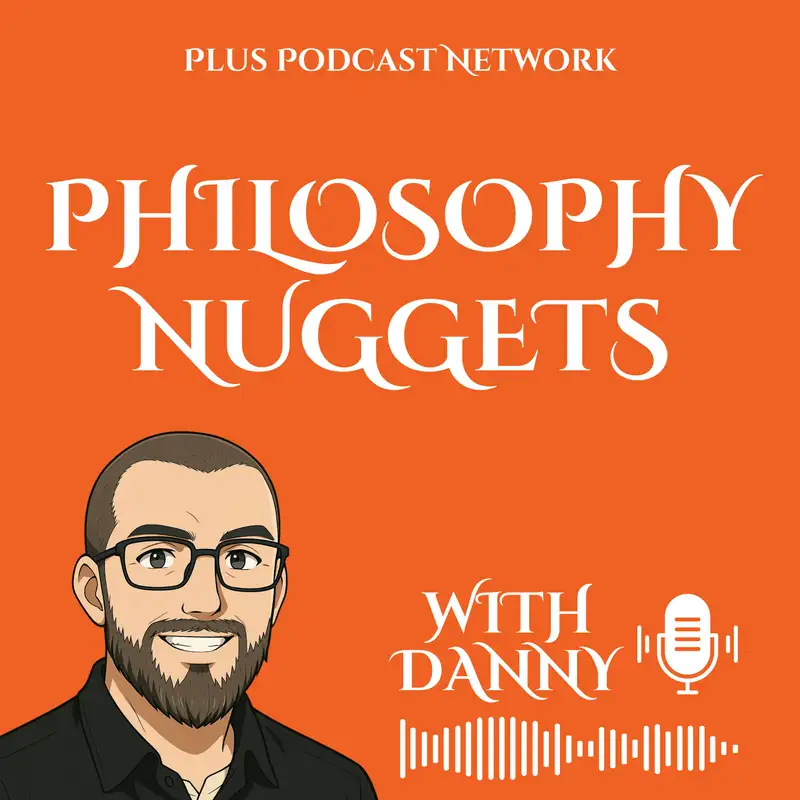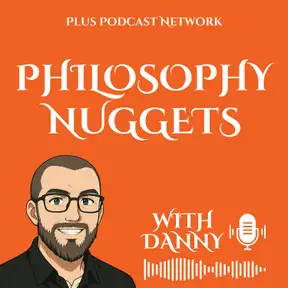Runaway Trolley, Impossible Choice: What Would You Do?
A runaway trolley is hurtling towards five people. You can pull a lever to divert it, saving them, but killing one person on the other track. Do you pull it? Let's explore the famous Trolley Problem and what it reveals about our messy moral intuitions.
Imagine you're standing by a set of trolley tracks. In the distance, you see a runaway trolley, completely out of control, speeding towards five people tied to the track ahead. They can't escape. But next to you, there’s a lever. If you pull this lever, the trolley will switch to a different track. The good news? The five people will be saved. The bad news? There is one person tied to that other track, who will be killed if you pull the lever. You have only moments to decide. Do you pull the lever?
Take a second. What's your gut reaction? Save the five, sacrifice the one?
This is the classic setup for the famous philosophical thought experiment known as the Trolley Problem. It’s designed not necessarily to find a single "right" answer, but to probe our moral intuitions and the principles behind our ethical decision-making. Most people, when presented with this first scenario, tend to say yes, pull the lever. The reasoning often follows a utilitarian line – maximizing good, minimizing harm. Saving five lives at the cost of one seems like the better overall outcome. Simple numbers, right?
Okay, but let's tweak the scenario slightly. Now, imagine you're standing on a bridge overlooking the track. The same runaway trolley is heading towards the same five people. This time, there's no lever. However, standing next to you on the bridge is a very large person. You realize that if you were to push this person off the bridge and onto the track below, their body would be large enough to stop the trolley, saving the five people. (Let's assume this would definitely work, and you couldn't stop it by jumping yourself). Do you push the person off the bridge?
Pause again. What's your feeling now? For most people, this feels drastically different. Even though the numbers are the same – sacrifice one to save five – the idea of actively pushing someone to their death feels morally repugnant in a way that pulling the lever doesn't. Why?
This variation highlights a different ethical perspective, often associated with deontology – the idea that certain actions are inherently right or wrong, regardless of the consequences. Pushing the person feels like a direct violation, using them as a mere means to an end, which feels wrong even if the outcome saves more lives. Pulling the lever feels somehow less direct, more like redirecting an existing threat.
The Trolley Problem, in its various forms, forces us to confront the complexities of morality. Is it always about the consequences (saving the most lives)? Or are there certain moral rules we shouldn't break, even for a greater good? Where do we draw the line between allowing harm and causing harm? There are no easy answers, and philosophers have debated these nuances for decades. It reveals the tension between different ethical frameworks that we often navigate intuitively in our daily lives.
So, what did these scenarios reveal about your own moral compass? Did your answers differ between pulling the lever and pushing the person? What does that tell you about how you make ethical judgments? Share your reflections in the comments section on the podcast, on our website englishpluspodcast.com, or over on our Patreon page!

